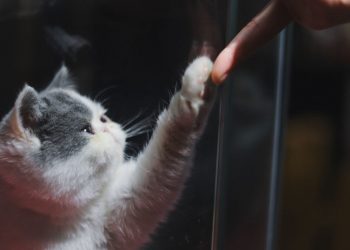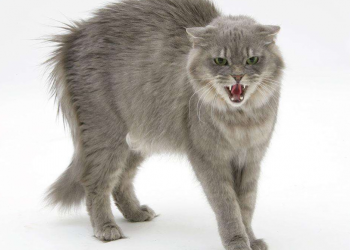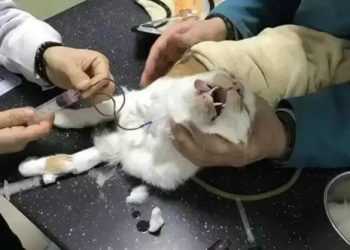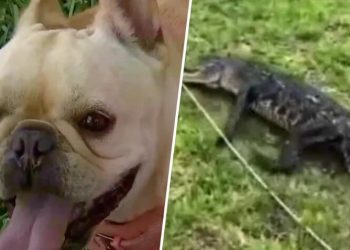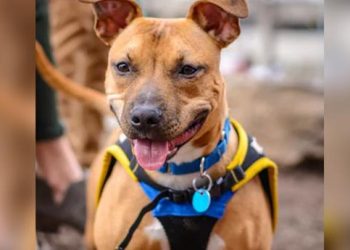Life has an end, but the heart of missing will never change. Many times, when our shit shoveling officers have to face the death of our beloved family member, the pet, the “little guy” who comes home to greet you every day will never come and rub your trouser legs again, never again. When we come over and wag our tail at you, that moment is the most painful time for all of us pet owners.
On December 8, 2011, British Michael McAleese’s 13-year-old cat Sophie died suddenly of a stroke. Eight days after Sophie left, Michael committed suicide by taking medicine at home and also left this world. In January 2017, Japan’s Unicharm announced a new leave system that would allow employees a special day off when their pet dies. With the emergence of more and more pet owners, a series of reactions caused by pets to their owners after the death of pets have gradually been paid more attention to by society.
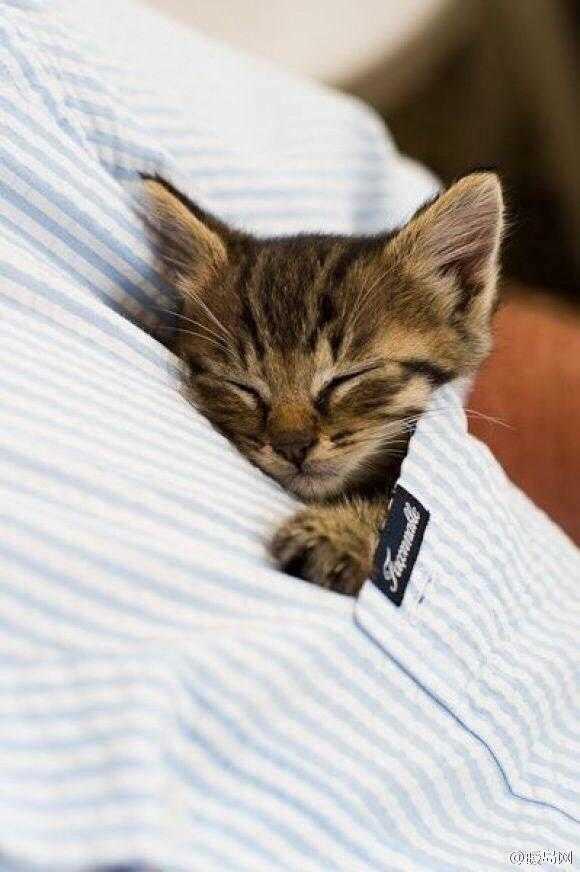
A related survey found that nearly 60% of pet owners who lost their pet monkeys would experience obvious physical and mental symptoms, and some people could not let it go for weeks or even years. suffer from depression.
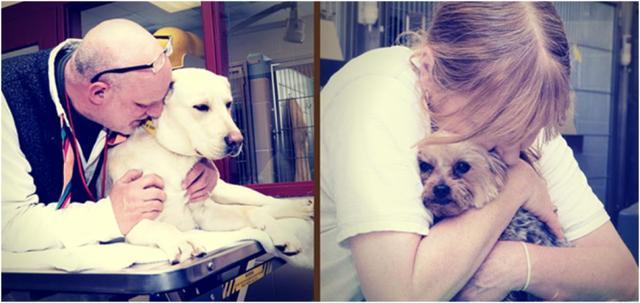
We call this “Pet Loss pet loss syndrome”, and its symptoms are mainly divided into four types: emotional performance, behavioral performance, physical performance and psychological performance:
Emotionally:
Pet owners will show sadness, despair, guilt, pain, loneliness, and refusal to admit the fact that their pet has died. For example, Michael, in the example above, put Sophie’s body on the bed after he left, and spent 3 days with it before he was buried.
There are even extreme emotions such as distrust, depression, mania, and hope that I can go to heaven with pets.
behavioral
Behaviorally, they will break down and cry, lose sleep, lose their appetite, and repeatedly check where the pets play and rest in the house, begging the pets are still there. Keep sorting pet relics. Some people even make pet corpses into taxidermy, put them at home, and watch him forever (whether this behavior is correct or not, I do not comment)
physical performance
Many people will suffer from physical reactions such as chest tightness, shortness of breath, difficulty breathing, and headaches because of the infection of this sad and anxious emotion. Some elderly pet owners may even induce chronic diseases such as high blood pressure and cardiovascular and cerebrovascular diseases. Therefore, at this time, the family should pay more attention to the emotional and physical reaction of the pet owner.
mentally
In addition, there will be psychological manifestations such as confusion, inability to concentrate, auditory and visual hallucinations, autism, and world-weariness.
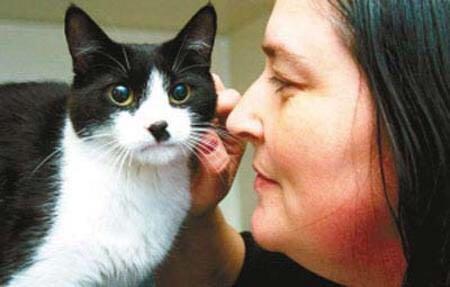
How to get out of this loss as soon as possible
Friends and family as pet owners:
At this time, you must not look at their performances such as the above in a different way, and even say the last sentence lightly: “Isn’t a cat or a dog dead? It’s not a dead parent.” It is estimated that at this time, you have undoubtedly ignited an atomic bomb, enough to blow your body and shatter your bones N times, and the continuous effect is not sure how long! In the owner’s heart, pets are family members who accompany them day and night, and partners who bring joy. SO, the right thing to do is: empathy, listening and companionship. Patiently listen to the pet owner’s complaints, and accompany and care for the pet owner’s emotional and physical health.
As a pet owner yourself:
Don’t close yourself, you can confide your thoughts about pets to the people around you. Hold funerals for pets, make some pet souvenirs, and even reflect your love for pets to stray cats and dogs, and actively participate in some pet public welfare undertakings.
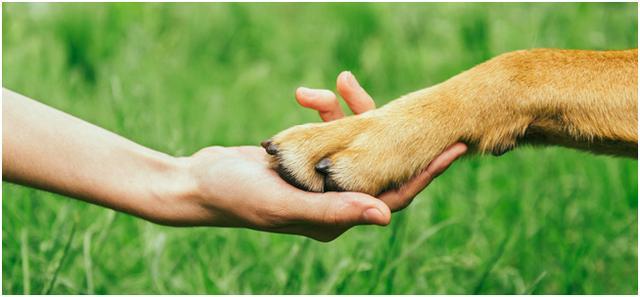
Every pet finally turns into an angel in heaven watching the owner bless the owner, it will hope that the owner can live well with their love, their pride…

